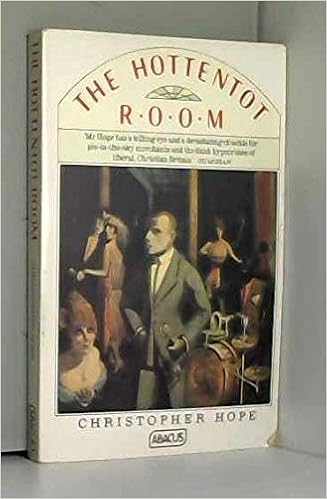While this is not a myth-creating book, you will find it impossible to read this biography and come away as anything less than a fan of a decent man who did his best under difficult circumstances. I have always respected McCullough’s research and attention to detail, but this book is also just a cracking good read.
Many have been brought up – perhaps by the educationocracy that still worships at the altar of Marxism and FDR – with the caricature of Harry Truman as a bumbler selected for his insignificance who fell into office and then screwed it up. He has also been portrayed in pro-military circles as the personification of foolish political interference in military matters; yet with his experience in World War I he had as much military experience in the most brutal conflict on record as any prior or subsequent President except those few who were career military men. FDR, by contrast, winner of the greatest war this nation ever fought, had no military service except as Secretary of a peacetime Navy, and as one of the richest men in America was hardly in a position to sincerely understand the problems of regular people.
We all know of the Truman-Dewey polling fiasco, his decision to use the atom bomb, and probably of his conflict with MacArthur. But unless you are a history buff of that era, you do not know of his reluctant climb through the party machine, his financial dependence on his parents-in-law, his valiant service in the short but ugly experience of World War I, his creation of and service on the highly-effective committee for overseeing waste and abuse during World War II, and Bess Truman’s total unsupportiveness in his White House years. McCullough does not gloss over any of this, and indeed it is these experiences perhaps that shape Truman’s character (something that many of our recent politicians lack utterly).
Those of us who are accustomed to the imperial Presidencies, and the strange but never-investigated accrual of wealth by politicians of all classes who come into office as middle-class and leave office as multi-millionaires, will be astounded to learn that when he completed his term as President, he just went home to Independence and lived more or less on the financial edge, with a minimal pension after a lifetime in public service, and he was politically persecuted for the rest of his life by the Republicans because he was all that was left of the FDR administration that had persecuted them, and by the Democrats because he was all that was left of the FDR administration but he was not FDR.
Truman was a plain-spoken person who never lost track of his farming roots. For this reason the Eastern aristocracy looked down on him, even as they were embracing the principles of Marxism, and in the scholastic presses (which until recently were based almost exclusively in Boston and New York) he was denigrated because he was not the demigod Roosevelt (who as we now know was himself mostly a caricature by 1940). Since 1970 or so he has been overlooked by Republicans because they were not in search of a Democratic role model, and by today’s anti-American Democrats because he inconveniently seemed to be quite sincere in actually believing in truth, justice and the American way.
Perhaps the status of limitations for political correctness is about 50 years. In that case, now is the time to read McCullough’s balanced portrait of a great American.

